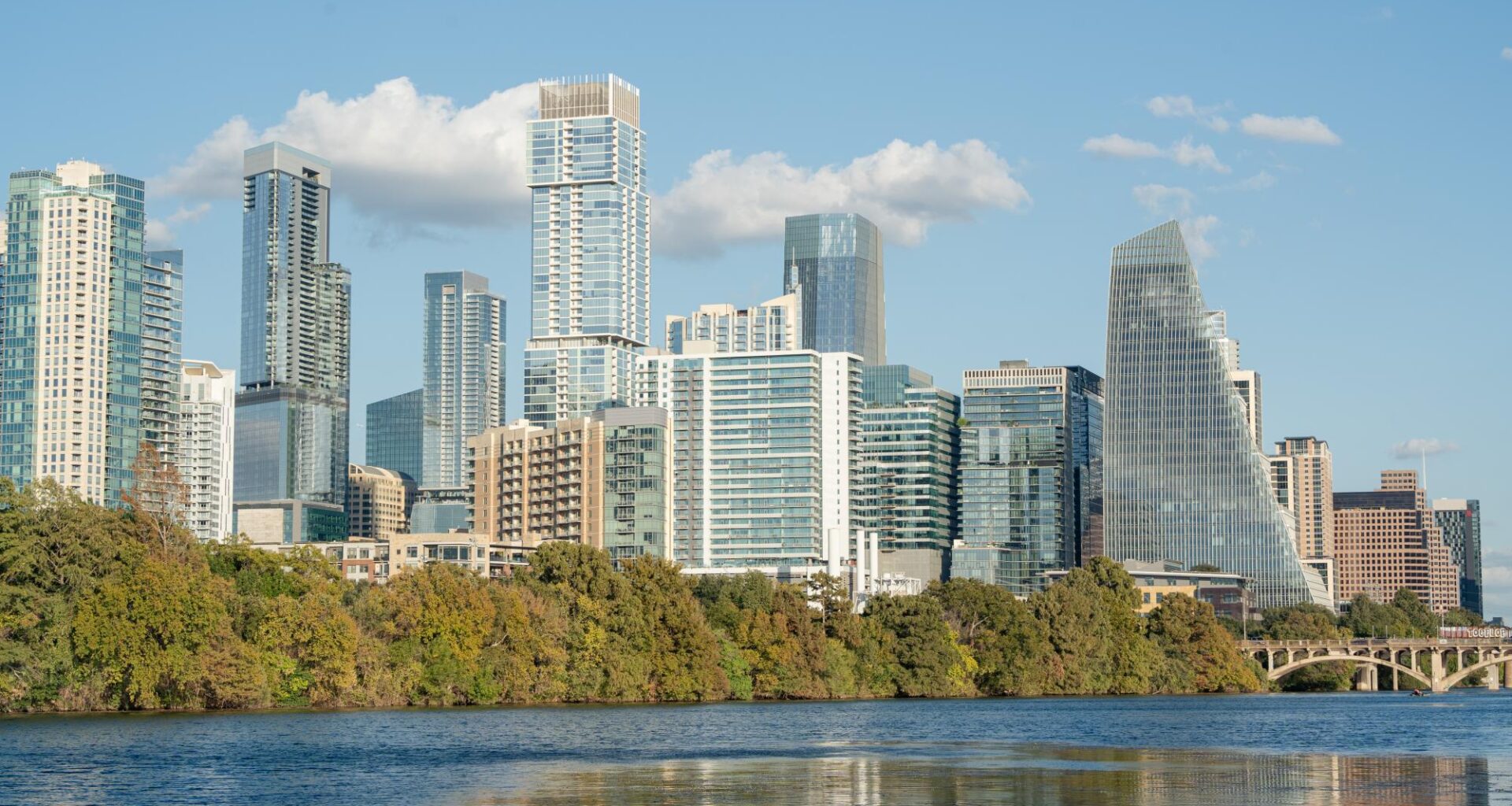Austin City Council established a new maximum building height of 350 feet for the Central Business District on Oct. 23.
Developers will now have to participate in the Downtown Density Bonus Program to build taller. Since Sept. 1, Senate Bill 840 has prevented the city from regulating the floor area, or the total available space in a building, for types of residential developments. Previously, this restriction resulted in an average building height of 223 feet, below the new maximum building height of 350 feet, which is taller than the UT Tower by almost 50 feet.
In a statement, Austin Planning said a maximum height requirement in the Central Business District replaces the floor area regulation, and allows the city to continue regulating this area through the program.
The Central Business District includes most buildings west of Interstate 35 and south of the Capitol. Most of this district falls under the Downtown Density Bonus Program, which was created in 2014 to encourage developers to provide affordable housing for at least 50% of its units or pay a fee to the Affordable Housing Trust Fund. The program also requires pedestrian friendly infrastructure that aligns with the city’s Great Streets plan.
Steven Pedigo, an urban and economic development professor in the Lyndon B. Johnson School of Public Affairs, said New York and other major cities have inclusionary zoning which allows these cities to mandate affordable housing projects. Pedigo said this is illegal in Texas, so Austin can instead incentivize affordable housing developments.
“That’s really what a density bonus does,” said Pedigo, who is also the director of the LBJ Urban Lab. “It says if you want to build 10 stories, and the limit in downtown is eight stories, well, now we’ve got an opportunity to say, ‘Hey, we’d love for you to build 10 stories, but to be able to do that, you (are) going to have to participate in our density bonus program.’”
Pedigo said density bonus programs are important to the city and West Campus, because the land is very expensive. The program incentivizes developers to stack more apartments to increase the building value, while also creating more opportunities for affordable housing, he said.
Council Member Zohaib Qadri, who represents UT, West Campus and the Central Business District, supported the building height solution. Qadri wrote he will work to speed up these updates to ensure the density bonus program supports the downtown community.
“This was a necessary short-term fix to address the impacts of Senate Bill 840 while we work on a stronger Downtown Density Bonus program,” Qadri wrote in a statement. “I know it’s not perfect, but it allows us to continue encouraging developments to provide necessary community benefits like affordable housing contributions and walkable, people-friendly streets.”

